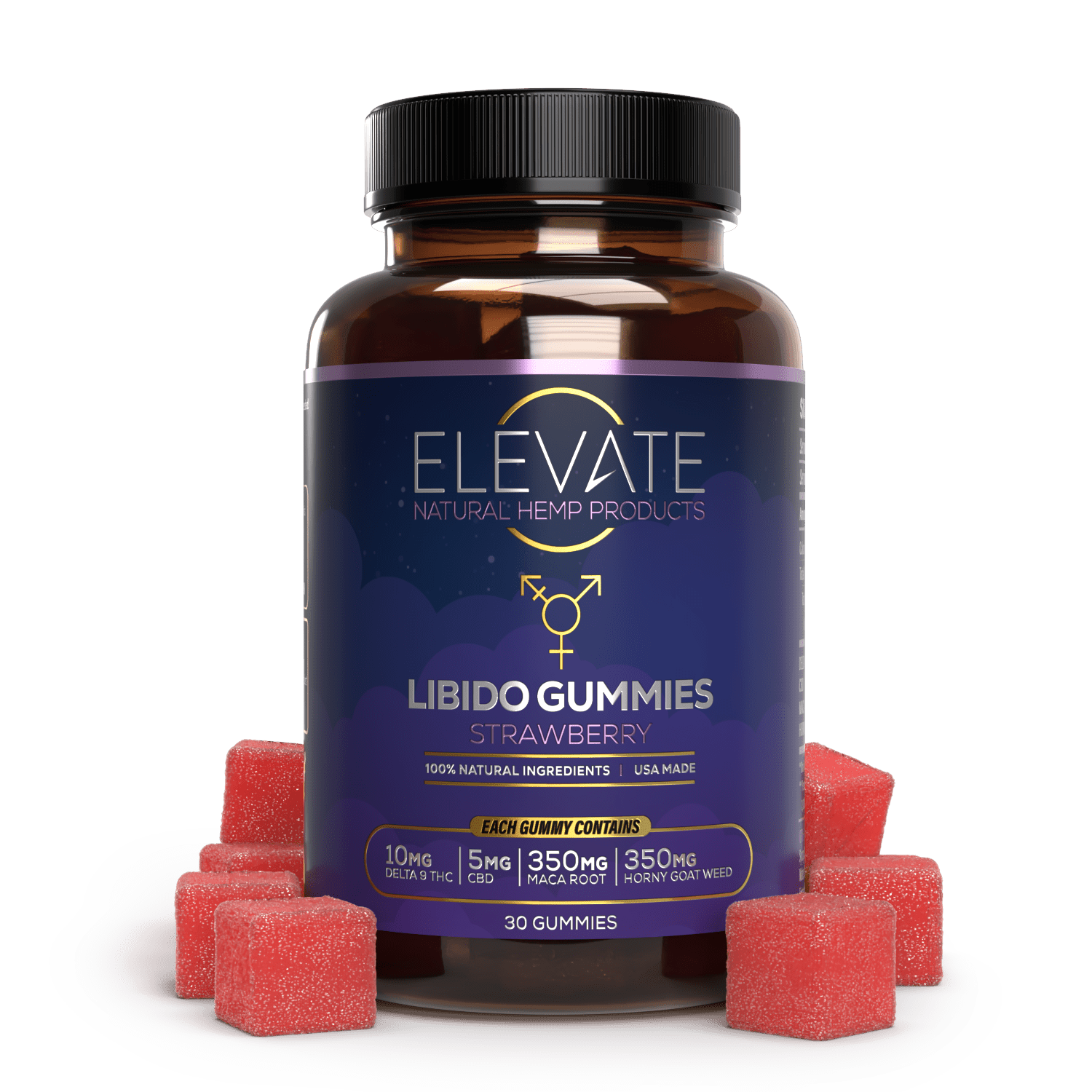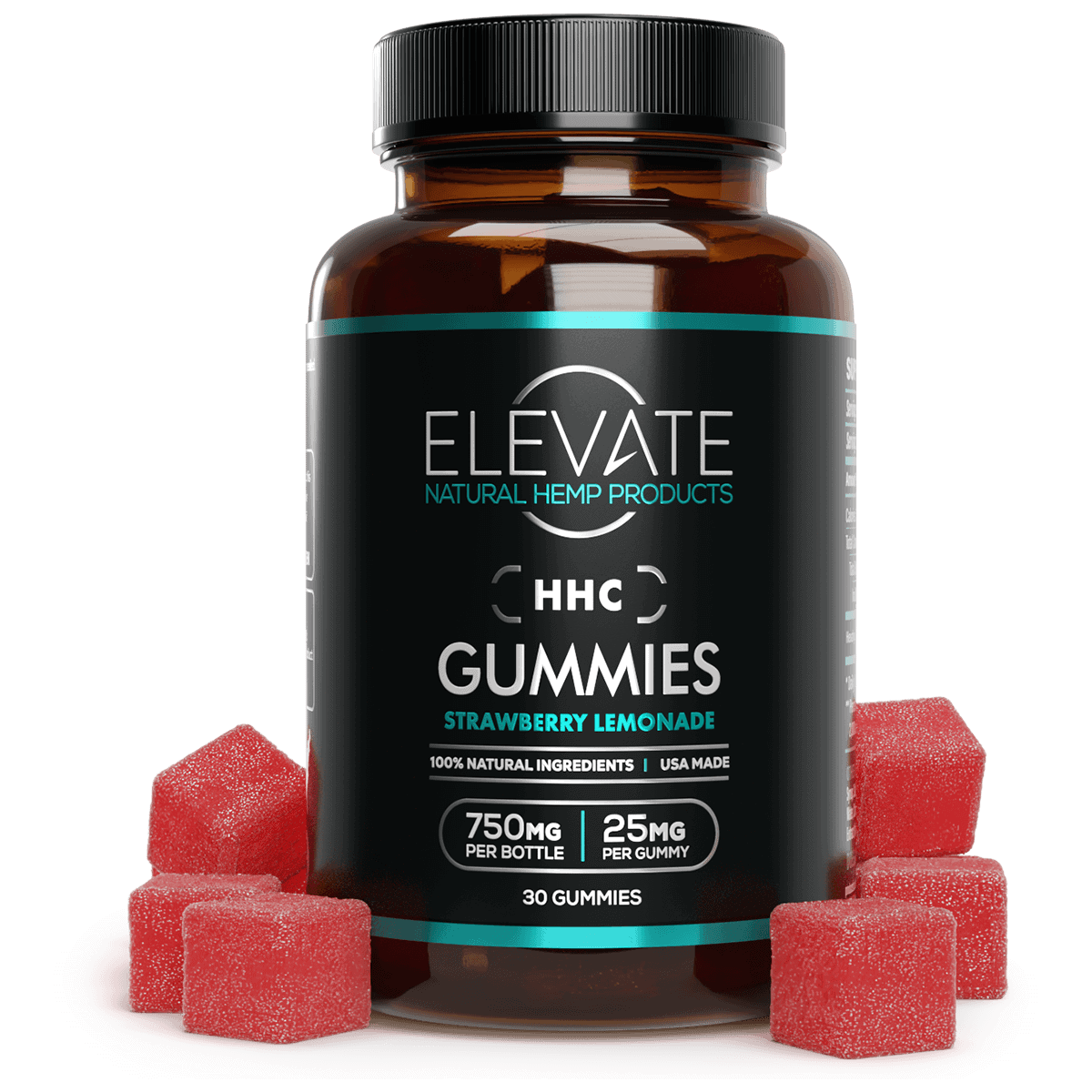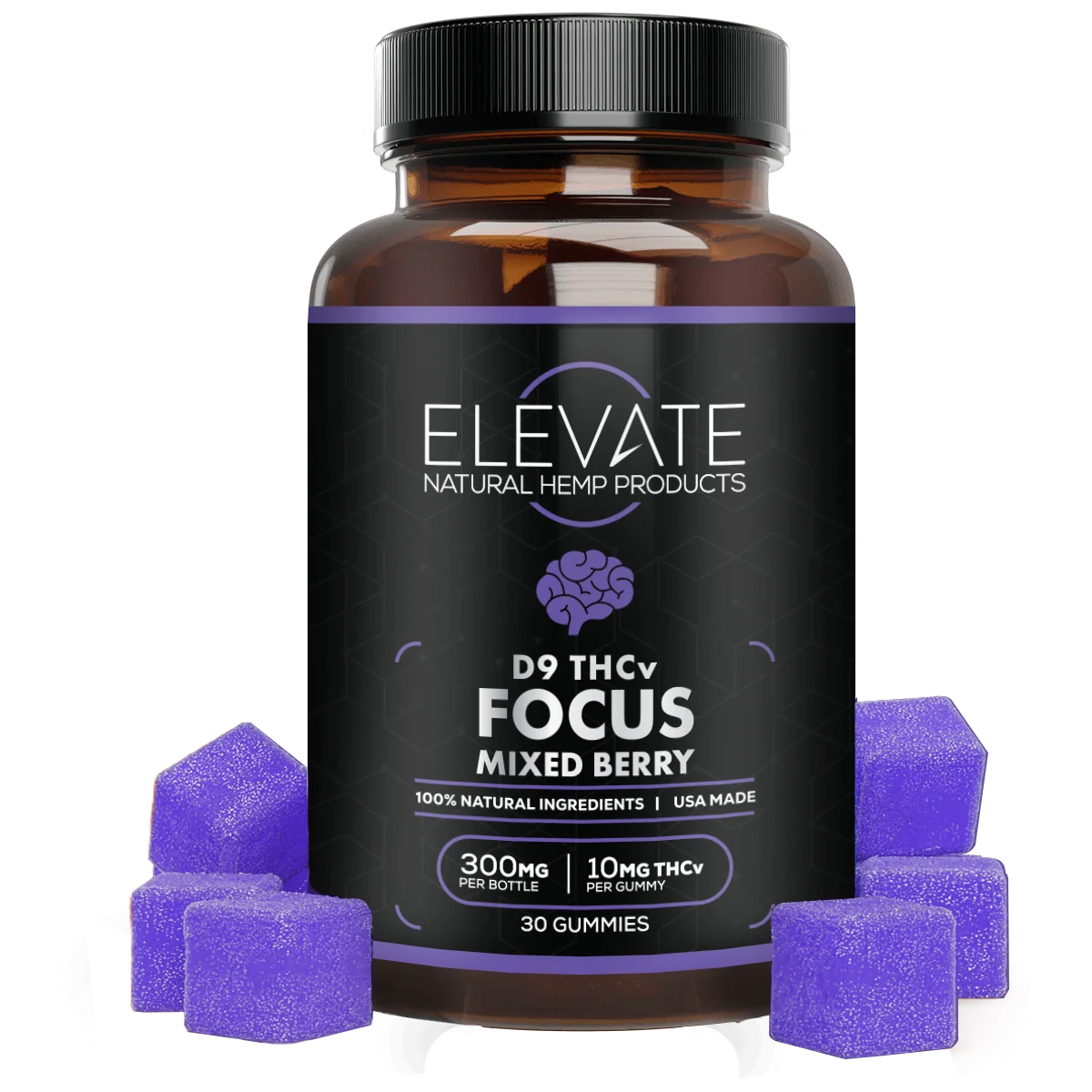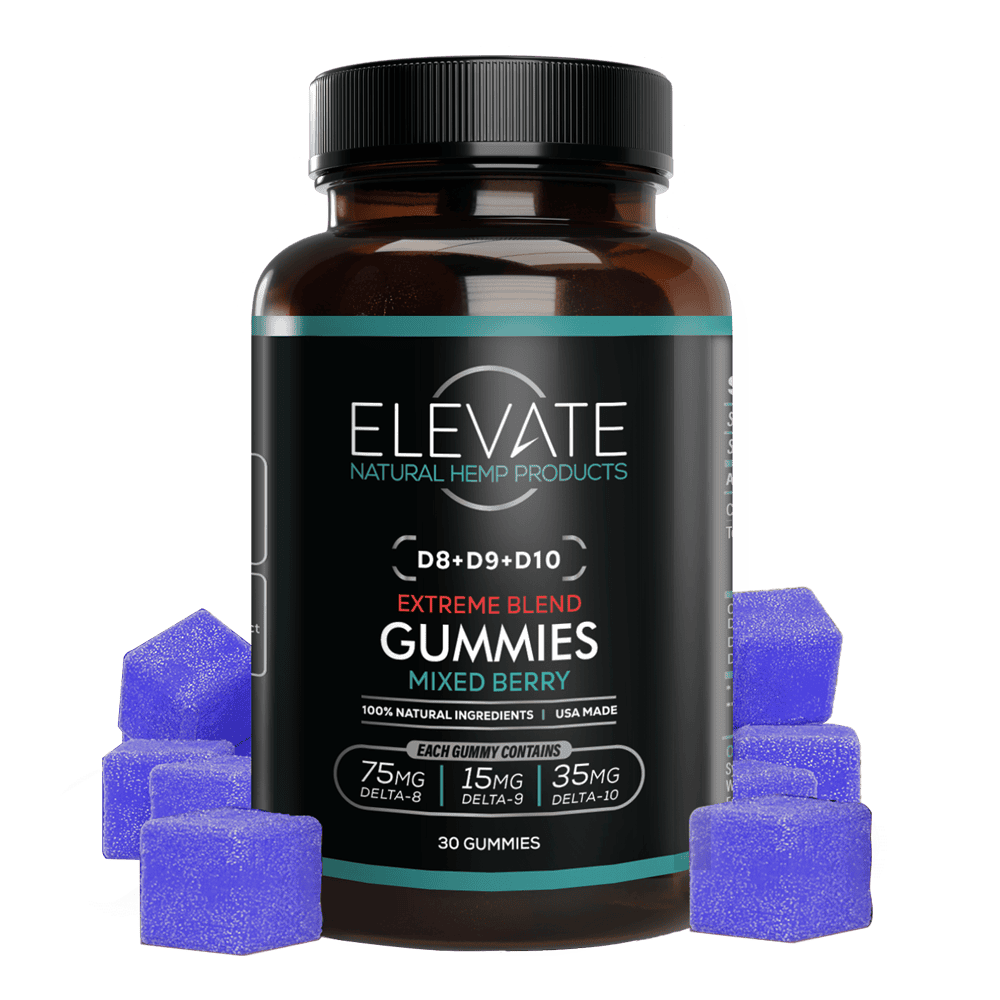Key Takeaways:
- THCA Legality in Georgia: THCA is legal in Georgia if it is hemp-derived and contains less than 0.3% Delta 9 THC—always check lab results.
- Travel Documentation: Carry lab reports and original packaging to prove legality and avoid confusion with marijuana.
- Buy From Trusted Sources: Only purchase THCA from reputable sellers offering third-party lab tests and proper labeling.
Trying to keep up with cannabis laws in Georgia can feel like walking a legal tightrope. One day, a product looks good on the shelf. Next, it’s pulled for violating hemp laws you didn’t even know existed. If you’ve been looking into THCA flower in Georgia, you’ve probably asked yourself: Is this legal, or am I rolling the dice?
This question isn’t just important—it’s essential. Whether you’re a consumer trying to stay compliant or a retailer protecting your business, knowing where Georgia stands on THCA could mean the difference between a smooth transaction and serious consequences.
At Elevate, we believe clarity is power. In this post, we’re breaking down exactly what the law says, what’s allowed (and what’s not), and what you need to watch for when buying or selling THCA flower in the Peach State—no fluff—just facts, delivered straight.
Understanding THCA: What Is It?
THCA, or tetrahydrocannabinolic acid, is a naturally occurring cannabinoid found in raw and live cannabis plants. Unlike Delta 9 THC—the compound most commonly associated with the psychoactive effects of marijuana—THCA does not induce a “high” in its raw form. Instead, it serves as the precursor to THC. Only when THCA is exposed to heat—a process called decarboxylation—does it convert into THC, which produces the well-known psychoactive effects.
How THCA Differs From THC And CBD
THCA and THC are chemically related, but their effects and legal status can differ significantly. While THC is psychoactive, THCA is not, unless it is heated or aged and converted. Another cannabinoid, CBD, also varies significantly. CBD is known for its non-intoxicating effects and its unique therapeutic profile, but it is not a direct precursor to THC.
Reported Benefits And Uses
Though research is ongoing, many find THCA promising because of its potential wellness benefits. Consumed raw, such as in freshly harvested cannabis or products that have not been exposed to high heat, THCA is commonly sought out for its potential to reduce inflammation, ease discomfort, and promote relaxation.
Some users even incorporate raw THCA into their health routines through juices or tinctures. However, for those seeking the psychoactive effects associated with cannabis, THCA-containing products must be heated to convert the acid form into active THC.
Current Legal Status Of THCA In Georgia Explained
In recent years, the evolving status of hemp-derived cannabinoids has prompted both curiosity and confusion among those interested in the wellness and recreational aspects of cannabis products. Here’s how state and federal regulations shape the availability and legality of THCA in Georgia.
Federal Guidelines And The 2018 Farm Bill
At the federal level, the 2018 Farm Bill marked a significant turning point for hemp and its derivatives, including THCA. This legislation legalized hemp products across the United States, provided they contain no more than 0.3% Delta 9 THC by dry weight. Critically, THCA itself doesn't count as THC until it is “activated” (decarboxylated) by heat. As a result, raw THCA flower that meets these federal thresholds is considered legal in Georgia, at least in principle.
Georgia’s State Laws On Hemp And Cannabis Products
Georgia closely aligns with federal definitions and restrictions concerning hemp-derived cannabinoids. The Georgia Hemp Farming Act permits the cultivation, processing, and sale of hemp and a range of hemp-derived products, as long as their Delta 9 THC content does not exceed 0.3%.
This means products high in THCA are generally lawful, provided they consistently fall within these limits. However, direct access to cannabis products featuring more than 0.3% Delta 9 THC remains restricted to those enrolled in the state’s limited medical cannabis program.
Traveling With THCA Within Georgia
Understanding how to travel safely with THCA flower within Georgia is essential for adult consumers. Although THCA is federally legal under the 2018 Farm Bill, provided it is derived from hemp with less than 0.3% Delta 9 THC, navigating local statutes and law enforcement attitudes can be daunting. Before hitting the road with your THCA products in Georgia, you need to know this.
What The Law Says
In Georgia, hemp-derived products like THCA flower that contain less than 0.3% Delta 9 THC are legal to possess for adults. This means you can lawfully carry your THCA flower within state lines, provided it meets the federal threshold. However, law enforcement officers may not immediately distinguish THCA flower from traditional cannabis, since they can have a similar appearance and aroma. Carrying supporting documentation, such as lab reports indicating compliant THC levels, may help provide clarity during any interaction with authorities.
Best Practices For Safe Travel
To minimize any potential issues while traveling with THCA in Georgia:
- Keep Products Sealed and Labeled: Always store THCA flower in its original packaging, with clear labeling that confirms both the product's hemp origin and its Delta 9 THC content.
- Carry Lab Results: Have a copy of the product’s COA (Certificate of Analysis) easily accessible. This lab report documents compliance and could be valuable during inspections.
- Avoid Consumption While Driving: Do not use THCA products behind the wheel. Displaying responsible use not only ensures safety but demonstrates respect for the law.
Recognizing Local Variations
While Georgia state law permits compliant THCA products, local ordinances or enforcement attitudes might vary from county to county. Some areas may have heightened scrutiny around cannabis and hemp-derived products. When traveling through different municipalities, exercise caution and familiarize yourself with any specific local regulations that might impact possession or transport.
How To Ensure Your THCA Product Is Legal In Georgia
Here are several key steps to help you confidently find legal THCA products in Georgia:
Check Delta 9 THC Content
Georgia’s definition of legal hemp aligns with federal law, which states a product must contain less than 0.3% Delta 9 THC by dry weight. Always review a product’s lab report (a Certificate of Analysis or COA) to verify that Delta 9 THC levels do not exceed this threshold. Products surpassing this limit may be considered marijuana under state law and are not permitted.
Request Third-Party Lab Results
Trustworthy sellers will provide third-party laboratory testing for their products. These COAs should be current, transparent, and accessible, and include a breakdown of all cannabinoids present. Confirming the presence of THCA, alongside low levels of Delta 9 THC, is your best assurance of legality and purity.
Verify Product Source And Labeling
Stick with products derived from hemp, not high-THC marijuana. Legitimate labels will clearly list the source, cannabinoid content, and compliance with the 2018 Farm Bill. Dispensaries and online retailers who operate within legal boundaries are typically forthcoming with this information.
Be Mindful Of Intended Use And Preparation
While raw THCA flower is non-intoxicating, heating (smoking or vaping) it converts THCA into psychoactive THC, which could present legal or personal implications. If you’re being drug tested or have specific health or employment considerations, keep this in mind before making your purchase or using THCA in Georgia.
Stay Current With Local And Federal Laws
Cannabis laws are regularly updated. Monitor Georgia state regulations and federal guidelines to ensure your chosen THCA products remain within legal boundaries.
Potential Legal Risks Of Buying Non-Compliant THCA Products
Non-compliant products—such as those containing more than 0.3% Delta 9 THC by dry weight—pose real risks that may impact consumers beyond simply the loss of a purchase.
Legal Consequences
Georgia law adheres closely to the federal 2018 Farm Bill guidelines, which legalize hemp-derived products as long as they contain less than 0.3% Delta 9 THC. You could face serious legal ramifications if caught with a product exceeding these limits—even accidentally. This may include misdemeanor or felony charges, depending on the quantity and manner of possession, with potential fines and even jail time.
Risk Of Product Seizure And Law Enforcement Issues
Products not meeting compliance standards are subject to seizure by law enforcement. Even if purchased in good faith, individuals may be required to prove the legality of their THCA flower. In some cases, law enforcement officials might not be able to distinguish between compliant THCA flower and illegal marijuana simply by appearance or smell, increasing the risk of prolonged legal disputes or detainment.
Implications For Drug Testing
Buying non-compliant THCA products also heightens the risk of failing workplace or legal drug tests. If THCA flower is decarboxylated (for example, by smoking or vaping), it converts to THC, which can result in positive tests for marijuana. Non-compliant products with higher THC percentages can amplify this risk and may have legal or occupational repercussions, especially in sensitivity-regulated environments.
Lack Of Lab Testing And Transparency
Unregulated or non-compliant THCA products frequently lack proper lab testing and clear labeling. This opacity can lead to unintentional consumption of illegal levels of THC, potentially resulting in accidental intoxication and associated legal exposure. Constantly verifying the source, lab results, and compliance status is vital to navigating this complex regulatory space safely and responsibly.
Tips For Staying Compliant With Georgia's THCA Laws
Understanding and navigating Georgia’s THCA laws can feel daunting, but a few practical steps can help you stay within legal boundaries and confidently incorporate THCA flower into your wellness routine. Below, we outline key strategies for safe, compliant enjoyment.
Verify Product Source And Lab Reports
Always purchase THCA products from reputable retailers who provide third-party lab results. These reports should confirm that the THCA flower contains less than 0.3% Delta 9 THC by dry weight, as federal and Georgia law requires. Transparent reporting adds assurance that your product is legal and accurately labeled.
Store Documentation And Packaging
When purchasing THCA flower, retain all packaging and documentation. Should questions arise—from law enforcement or otherwise—having clear product labels and lab certificates can help demonstrate compliance with state laws. Keeping these materials handy can save time and confusion if proof of legality is required.
Respect Age Restrictions
Georgia observes federal guidelines regarding hemp-derived products: sales are limited to adults aged 21 and older. Whether you’re purchasing in person or online, be prepared to verify your age to comply with regulations.
Understand Local Variations
Beyond statewide laws, local jurisdictions may impose additional restrictions on possession or use of hemp-derived products. Before traveling with or using THCA flower, familiarize yourself with municipal rules to avoid accidental infractions.
Use Responsibly in Public Spaces
Even though THCA flower may be legal by composition, using or displaying it in public might draw unwanted attention or scrutiny. As a best practice, enjoy your products in private settings and remain discreet when transporting them. This helps minimize potential misunderstandings about the legality of your flower.
Final Thoughts
Navigating the legality of THCA in Georgia doesn’t have to feel like guesswork. By staying informed and sticking to hemp-derived products with verified lab results, you can confidently enjoy THCA's benefits. At Elevate, we’re committed to providing not only premium THCA flower, but also the clarity and compliance guidance you need to make wise, lawful choices. Whether you’re a seasoned user or just getting started, the key is staying educated, verifying your products, and respecting local and state regulations every step.
Read also:
- Can You Fly With THC Gummies: What The Law Actually Says
- THC Dosage: How Much Is Too Much and What’s Just Right
- THCA Flower Vs. THC Flower: How They Compare In Effects And Legality
Frequently Asked Questions About Is THCA Legal In Georgia
What distinguishes THCA from THC?
THCA (tetrahydrocannabinolic acid) is the non-psychoactive precursor to THC (tetrahydrocannabinol). In its raw form, THCA doesn’t produce intoxicating effects. It only becomes THC—and thereby psychoactive—when exposed to heat through a process called decarboxylation (such as smoking, vaping, or baking).
How can THCA be consumed?
THCA flower can be enjoyed in multiple ways. If you consume it raw—by eating, juicing, or blending-it—it remains non-psychoactive. For those seeking the traditional effects associated with cannabis, THCA flower can be heated (smoked, vaped, or cooked), which will convert THCA into THC.
Does THCA produce psychoactive effects?
Not in its raw state. THCA itself does not cause a high. Psychoactive effects only occur when THCA is heated and transformed into THC. This distinction is key for individuals looking for the non-intoxicating wellness benefits that raw THCA may offer.
Are there medical benefits of THCA?
Early research and anecdotal reports suggest THCA might provide anti-inflammatory, neuroprotective, anti-nausea, and analgesic benefits. These potential therapeutic effects have made THCA flower attractive for wellness-focused individuals seeking alternatives to traditional cannabis products.
Is THCA detectable in drug tests?
While raw THCA itself is not usually targeted by standard drug tests, heating (smoking, vaping, or cooking) THCA flower converts it into THC, which can result in positive test results. If you’re subject to drug testing, exercise caution and consult with a professional.
What is the difference between THCA and CBD?
THCA and CBD (cannabidiol) are both non-psychoactive cannabinoids found in cannabis. However, they interact differently within the body and offer unique benefits. THCA can become psychoactive if heated, while CBD remains non-intoxicating under all circumstances. Each compound may support different aspects of wellness, so choosing the right one depends on your desired effects and needs.














